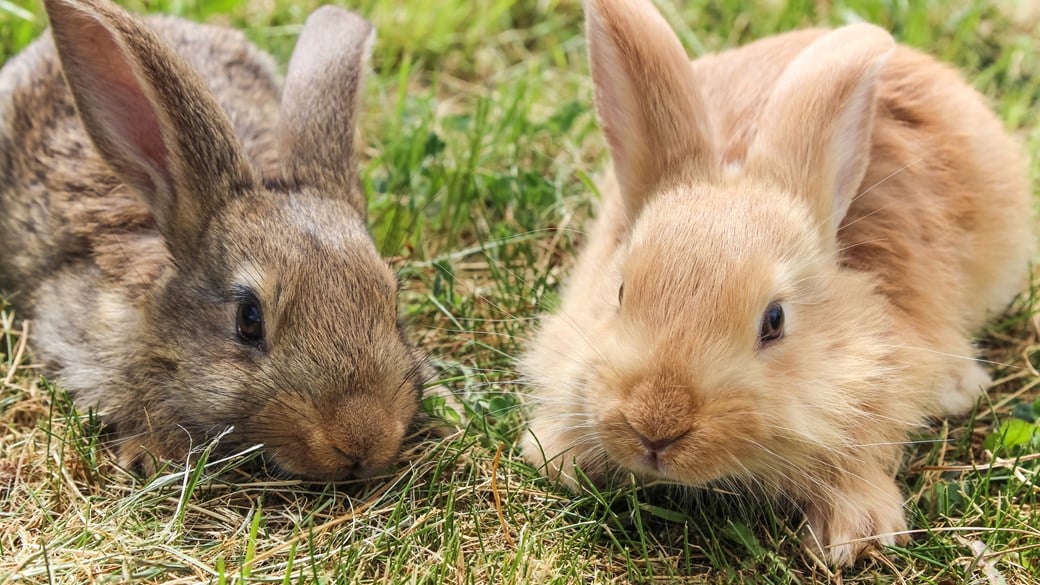
Worms And Your Rabbit
Knowing the signs to look out for can help you make sure your bunny gets treatment quickly, and stays happy and healthy.
While worms are much less common in rabbits than in our cats and dogs, they can still pick them up. Knowing the signs to look out for can help you make sure your bunny gets treatment quickly, and stays happy and healthy, even if they do come across any of these parasites.
Read more about common parasitesMore about worms and your rabbit
This includes:
- Regularly worming and cats and dogs who can access your rabbit's grazing area.
- Picking up after your other pets in the garden routinely and rapidly.
- Excluding foxes from the garden where possible, and picking up and disposing of any fox faeces if you find it.
- Cleaning the hutch regularly.
- Rotating the area in which your rabbits graze.
- Keeping your rabbit population density low.
- Avoiding feeding greens collected from areas where wild rabbits may have been.
Avoid sitting rabbit cages on top of each other, to prevent faeces dropping between cages.
If you do think that your rabbit has worms, getting them to your local vet for a check-up is the best course of action. If your rabbit does have worms, then usually a simple deworming program is enough to combat the problem. In advanced or serious cases, rabbits may need more supportive case, especially if they have had an upset tunny or gone off their food.
Although most pet rabbits do not need regular routine worming, if you think your rabbit may be at a higher risk of picking up worms, your local vet will be happy to talk to you about what preventative treatments are available.
The tiny pinworm, Passalurus ambiguous, is the most common worm to infest UK rabbits. Measuring only 5-10mm, adult worms are found in the caecum and the large intestine of affected rabbits. Signs may be absent but affected rabbits may show:
- Poor coat condition
- Weight loss
- Skin irritation around the back end
Young rabbits, especially around weaning, can be heavily infected and may have more serious signs including diarrhoea, lethargy and substantial weight loss.
